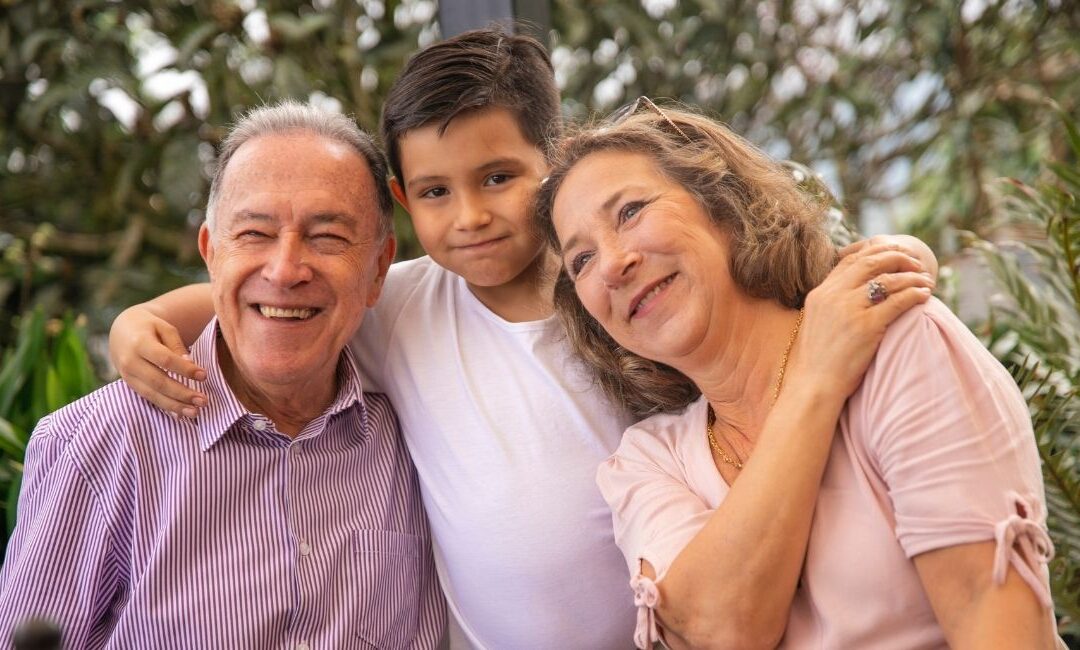by Shane Lopez, PHD.
While not writing from a Christian perspective, Shane Lopez, Ph.D., Associate Professor at The University of Kansas, addresses another dimension of hope that is vital for the well being of children.
His current work focuses on the roles of hope and courage in our daily lives. Dr. Lopez’s article, Making Hope Happen, speaks to the importance of hope, specifically in children.
A child’s vision [of a playground jungle gym] transforms a series of obstacles into limitless opportunities for fun. Goals become very clear (“I am going to swing across all the monkey bars”), the plan develops (“I am going to climb the ladder, grab the bar, and swing from the first one to the second one”), and support is requested (“Can you help me up?”) while confidence grows (“I think I got it. Yeah, I am doing it!”). Hope happens when we focus our thoughts on clear and meaningful goals. We concentrate on the future we want, reflect on our goals, and think about all the ways we can make our vision of the future a reality. Contentment, pride and joy come about when we use our hopeful thinking and overcome obstacles. Frustration, sadness and anger bubble up when obstacles wear us down.
The essence of hope is having the drive to set and pursue goals, to take risks, to initiate action. Hope fuels problem-solving and it helps us develop personal strengths and social resources. More specifically, having hope makes us more likely to do well in school and to take good care of our health.
Why is Hope Important?
Whether your child is experiencing good times or bad times, hope can help. During a good day, when a child is thinking about a bright future, hope helps him persist on important tasks, create challenging stretch goals that foster growth, and build new resources through successful experiences. On tough days, ones that involve failure or illness, hope helps a child overcome major obstacles.
A high-hope child has the ideas, the plans, and the motivation to make things happen. These youngsters are energetic in the moment and excited about the future. Hopeful children are not sitting on the sidelines. They are busy creating pathways to achieve goals and they are filled with the determination to succeed, thereby actively engaging in life and all its possibilities. Through interacting with the world, they are able to acquire the tools and resources they need to successfully navigate their lives
Teaching Hope
Getting children talking about hope is as easy as asking them a few questions and discussing the answers:
- What are your hopes and dreams? Which one is most important to you right now?
- What are all the ways you can think about to make your most important dream come true?
- Who makes you feel like you matter? How will their love and support help make your dream come true?
When helping your child become more hopeful, keep in mind that you are teaching a set of skills that build on what children do naturally, thinking about the future.
©2007 Pepperidge Farm, Incorporated. All Rights Reserved
Lopez, S. (2007). Making Hope Happen [Electronic Version]. Retrieved January 22, 2007, from http://www.fishfulthinking.com/tools/experts/hope_pf.aspx






0 Comments